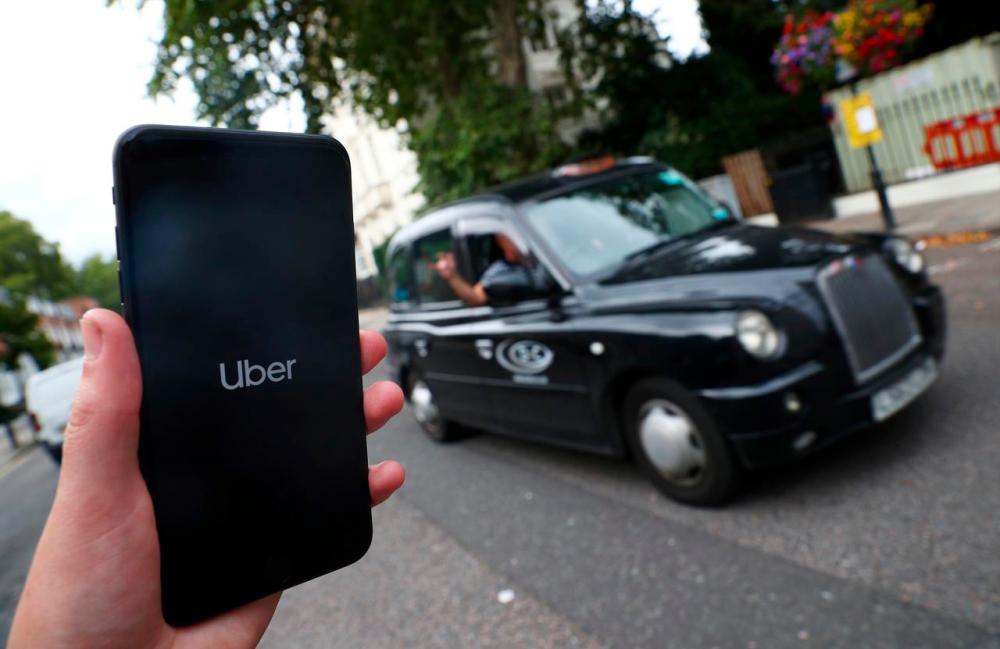PETALING JAYA: For Roopan (not his real name), being engaged in the e-hailing service is his way of making ends meet each month.
The 30-year-old father of two, who is in the Grab car service, even considers his job to be his primary source of income, given that he is on the road for more than 10 hours on most days.
But just like others who are also part of the gig economy, Roopan stopped contributing to the Employees’ Provident Fund (EPF) and Social Security Organisation (Socso) when he took up the new job.
A recent survey by research organisation The Centre, covering more than 400 e-hailing and delivery drivers, found that nearly a quarter (22%) of them do not have any form of social safety net at all, be it life and health insurance, emergency savings, insurance against social setbacks or retirement savings.
More disconcerting is the fact that over half of the respondents (58%) perceive gig work as their main job.
The survey also found that a vast majority of gig workers (92%) felt that platform providers should also contribute to the workers’ social protection, a sentiment shared by Roopan.
“I think it should be that way. Just like how other companies are making contributions for their workers, the gig platform should protect us too since we are working for them,” Roopan told theSun.
Presently, Grab Malaysia does offer EPF contributions of 5% on the amount contributed by selected driver-partners, subject to a maximum of RM80 a year.
Both EPF and Socso also allow gig workers to contribute voluntarily under their Voluntary Contribution with Retirement Incentive, and Self-Employment Social Security Scheme respectively.
However, The Centre said a move away from voluntary social protection schemes towards automatic deductions for gig workers with matching contributions by gig platforms, was the way to go.
“Humans are present-biased, preferring immediate gratification. Automatic enrolment in earnings deduction schemes, with an opt-out option for those who have existing plans would be much more effective,” it said.
It also suggested social protection accounts be made mandatory for all Malaysians, as this would not only facilitate deductions and contributions into savings and insurance plans for gig workers, but also enable targeted aid and improve tax collection.
“We hope for a long-term approach that recognises the changing nature of employment in Malaysia, and fairly assigns responsibilities on both gig platforms and gig workers in the matter of reasonable working conditions and social protection,” it said.
Presently, about 26% of the 15.3 million-strong Malaysian workforce is involved in the gig economy, according to recent data by the World Bank. However, there is no mention of how many of them do it full time.
When contacted, a Grab official said it seemed like the survey was skewed solely on on-demand service like e-hailing and delivery providers, despite the fact that the gig economy “encompasses loads more other jobs”.
theSun also attempted to get comments from food delivery service firm Foodpanda, but there was no response at press time.
Meanwhile, economist Prof Dr Barjoyai Bardai said many gig workers choose not to contribute voluntarily because they already find it difficult to make ends meet due to the high cost of living.
He said as such, the proposal to enforce contributions by gig platforms and to have automatic deductions should really be considered.
“If you look at the traditional job, the employers normally contribute even more to EPF than the employees.
“However, this does not happen in the gig economy because the platform providers are not regarded as employers and their workers are considered personal workers. But this can be changed through an amendment to the law,” he said.
Barjoyai said separately, the government could also create an endowment fund for upper-class Malaysians to make contributions, which would then be invested to be used to help the lower income group in enhancing their savings.













